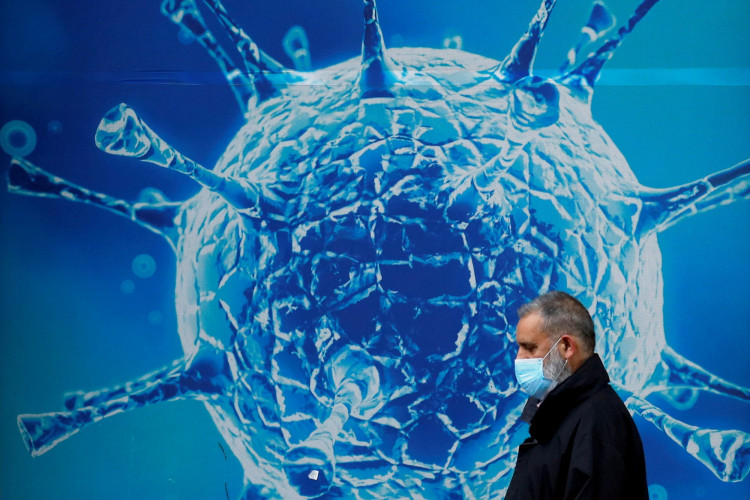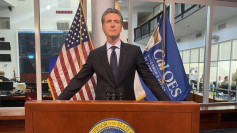The U.S. is nearing the end of its COVID-19 funding.
Coronavirus tests for uninsured people are no longer free in some areas. That's because the program that reimbursed clinics and hospitals for the testing, as well as treating uninsured patients with COVID-19, stopped accepting claims last week "due to a lack of sufficient funds." Some clinics have already begun to turn away people without insurance who come to get tested but can't afford it.
The money for free vaccines for the uninsured will run out next week. Following that, the vaccines will continue to be funded by the government - for the time being - but the costs of administering them will no longer be invoiced to the federal program.
According to Health and Human Services Secretary Xavier Becerra, federal shipments of monoclonal antibody therapies to states - medications designed to keep persons sick with the coronavirus out of the hospital - were also curtailed by 35% last week.
"We have the tools that work and we know that if you have to pay to use those tools, it is a barrier," Amber D'Souza, professor of epidemiology at Johns Hopkins Bloomberg School of Public Health said Thursday at a COVID-19 media briefing.
"When I walk into the grocery store and someone sneezes or coughs in the aisle next to me, I don't want to worry that they didn't have the $10 to spend on an extra test," she said.
Despite the country's broad relaxation of COVID-19 public limitations, the pandemic persists. Experts are currently keeping an eye on a new strain of "stealth omicron" (BA.2), which does not appear to induce any more illness severity than the original.
However, due to its increased contagiousness, it is generating a little spike in cases in select regions, including New York City. Fortunately, COVID-19 hospitalization and death rates in the United States continue to fall, as do COVID-19 average weekly deaths worldwide.
The White House is still pushing for extra funds. Republicans initially opposed a pandemic relief package, prompting bipartisan efforts to develop a new proposal. After failing to reach an agreement on a pandemic relief package, lawmakers removed it entirely from a spending bill.
The White House COVID-19 response team warned this week that unless Congress acts, Americans would begin to feel the impacts.
That funding request looks to be stuck in Congress at the moment. As a result, hospitals and public health experts are concerned that the U.S. would be ill-equipped to detect - let alone handle - whatever the pandemic throws at it next.





